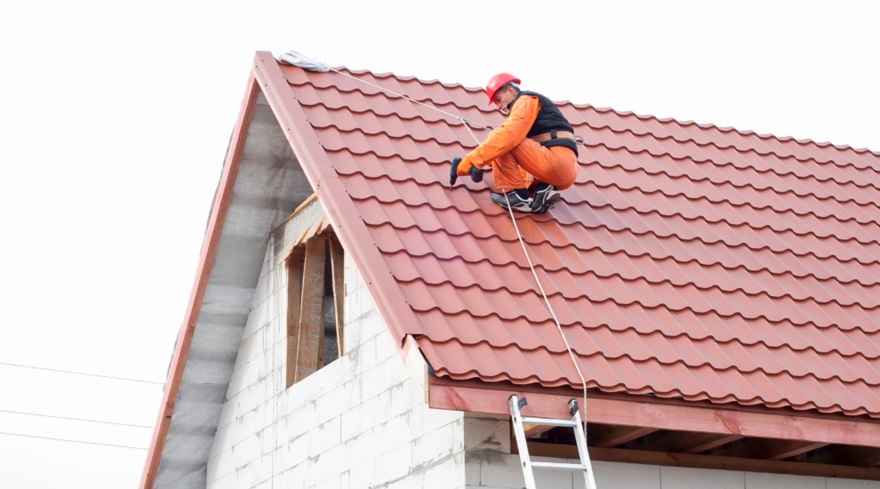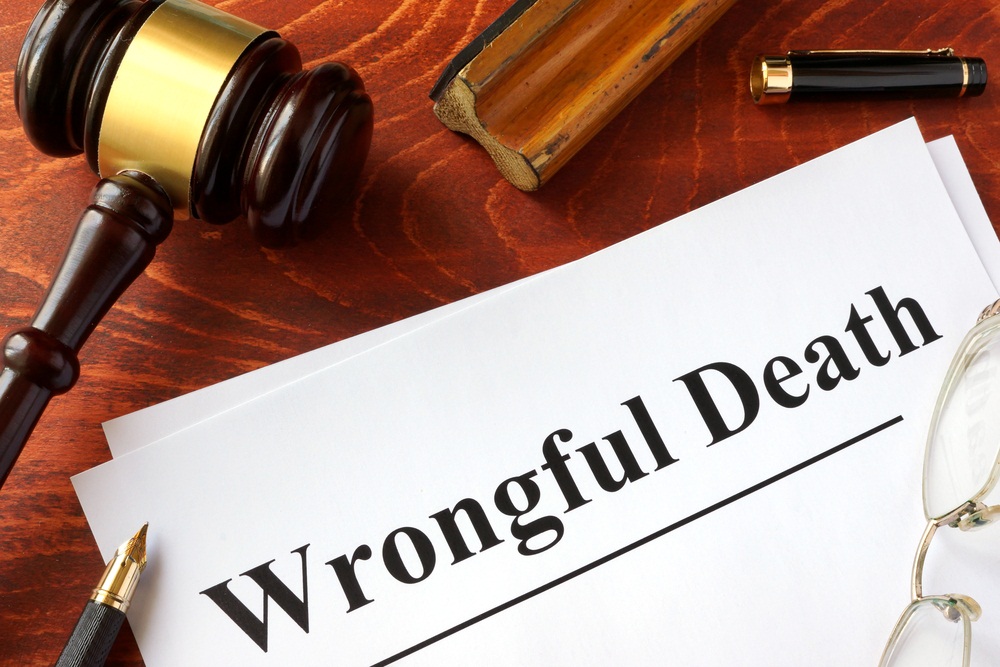Property disputes are a common reality that many property owners face at some point. One of the most complex and delicate aspects of such disputes is tied to squatters rights 30 days. While this concept can be puzzling, understanding squatters’ rights and taking proactive measures within a 30-day period can make a significant difference in protecting your property from potential disputes. This article aims to unpack the essentials of squatters’ rights and provide beneficial insights to help property owners avoid costly and frustrating conflicts.
What Are Squatters’ Rights?
Squatters’ rights, often influenced by laws surrounding adverse possession, allow individuals who have occupied a property without legal ownership to acquire certain legal protections. Over time, and depending on jurisdictional laws, squatters may even claim ownership of the property if specific conditions are met. Squatters’ rights are rooted in ensuring unused or neglected properties are eventually utilized, preventing waste and neglect.
While these laws serve an important purpose, they can present challenges for property owners, especially when disputes arise or when individuals misuse the laws to gain access to properties unlawfully.
Understanding these rights is crucial for property owners to protect their assets from misuse and avoid unnecessary financial losses.
Why Preventing Property Disputes Matters
Property disputes can be financially draining and emotionally taxing for property owners. They derail rental or sale plans, damage relationships with neighbors, and result in lengthy legal battles that can take months or even years to resolve. Protecting your property from potential squatters and understanding your rights is not only essential for safeguarding your investment but also for fostering peace of mind. Taking preventive steps ensures that property owners maintain a stable and secure relationship with their properties, tenants, and surrounding communities.
Key Conditions of Squatters’ Rights
To understand squatters’ rights better, it’s important to know the primary conditions typically required for these rights to take effect. While laws vary by location, some common requirements include the following aspects.
Continuous and Open Occupation
For squatters’ rights to be successfully claimed, the individual generally needs to occupy the property continuously for an extended period, without interruption. Occupation should also be “open” and evident, meaning property owners should reasonably know (or be aware) of the occupation if they are actively monitoring the property.
Exclusive Possession
Squatters must usually maintain exclusive possession of the property. This means they use it as if it were their own, excluding other parties from entering or occupying the space.
Meeting Time Requirements
Adverse possession laws impose specific timeframes during which occupation needs to go unchallenged before squatters can claim ownership. Depending on the jurisdiction, this period can vary from a few years to over a decade.
Paying Taxes or Maintenance
Some laws require squatters to demonstrate efforts to contribute to the property, such as paying overdue property taxes or maintaining it physically, as further proof of their “ownership” intent.
30-Day Plan to Prevent Property Disputes
Preventing property disputes involving squatters begins with a proactive approach. Here’s how property owners can ensure they protect their holdings within a 30-day timeframe.
Day 1–7 Monitor and Inspect
Start by conducting a complete inspection and review of your property. If the property is vacant or rarely visited, make it a priority to visit in person. Regular inspections are key to identifying whether anyone has unlawfully entered or occupied your property.




